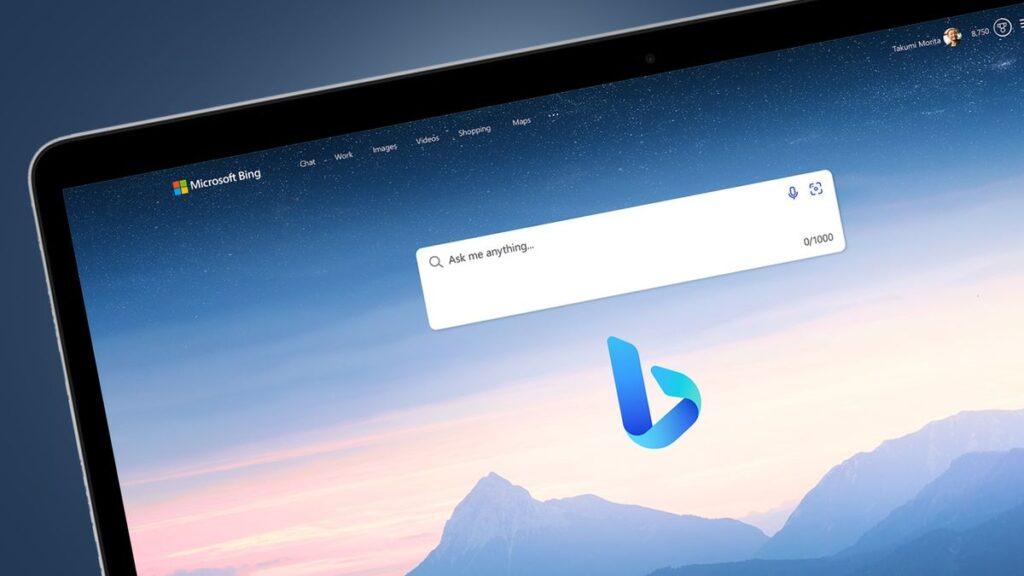- Microsoft claims 10 billion AI generative chats will occur within the Edge browser during 2024
- Edge leader also praises its performance improvements
- Security features protected Edge users against billions of trackers
Microsoft has boldly suggested that its Edge browser has been central to the AI experience of users around the world over the past 12 months.
In a blog post, the company’s General Manager of Product Management and Growth in Microsoft Edge, Search and Mobile, Roger Capriotti, revealed that users accessed Copilot within the Edge browser window to participate in more than 10 thousand million generative AI chats in 2024.
Edge has also apparently proven to be instrumental in other areas, such as improving accessibility with built-in translation and supporting the world of e-commerce.
Microsoft gives us unwrapped Edge: 2024
An estimated 38 trillion characters will be translated using Edge’s machine translation feature in 2024, with built-in purchasing features saving buyers an average of $400 per year. Additionally, 800 million articles and stories were consumed on MSN, and 46 million messages and files were shared with Drop.
Capriotti also drew attention to the browser’s performance improvements, quantifying its usefulness by claiming that seven trillion megabytes of PC memory were saved by using sleep tabs.
Security features also received a major mention for their role in preventing over 1.4 billion phishing, malware, and scam attacks on Edge and over 1.8 trillion trackers on the Edge mobile app.
However, despite all this success, Edge is still lagging behind in the global browser market. Google Chrome accounts for two in three (67%) desktop browser sessions (based on Statcounter figures from December 2024), with Edge a very distant second (13%). Across all platforms, including smartphones and tablets, Edge is in third place with a small 5% market share, surpassed by Safari (17%).
The update also notes that Bing reached more than 140 million daily active users; however, it is also behind the competition. Google, with a 90% market share, leads the way, while Bing takes just 4%.
Looking ahead, Microsoft hopes that injecting artificial intelligence into its browser to improve its usability could be a way to help boost its acceptance.




